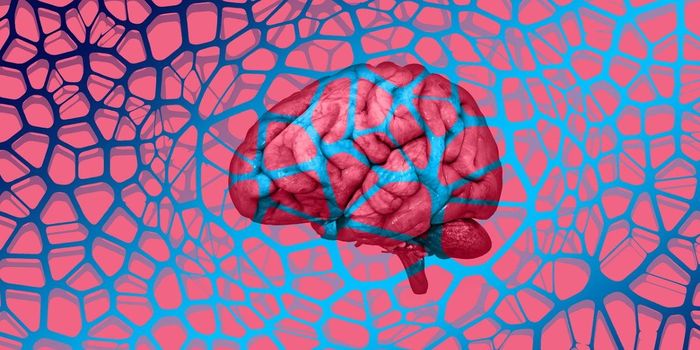A Direct Link Between the Brain and the Microbiome
Bacteria in the gut can have a powerful effect on the physiology of the host, including aspects of immunity and neurobiology; the gut-brain axis, for example, refers to the connection between intestinal microbes and the brain. Researchers have been exploring the links between compounds that are associated with gut microbes, such as the proteins they produce and the metabolites they generate, and various aspects of health. New research reported in Science has used an animal model to show that there are neurons in the brain that can detect structural components of microbes. Previous work has shown that those bacterial molecules can alter brain activity, and they've been linked to brain diseases.
This study indicated that neurons in the mouse hypothalamus can sense compounds that are integral to gut bacteria. When hypothalamic neurons detect bacterial molecules, body temperature, as well as feeding and nesting behaviors are altered in mice.
The NOD2 (nucleotide oligomerization domain) receptor is typically found on immune cells, and it can detect muropeptides, molecules that are part of the bacterial membrane or cell wall. Muropeptides can be used as a measure of bacterial growth, noted the researchers. The NOD2 receptor is also found on hypothalamic neurons in mice. When those neurons are exposed to gut muropeptides, their activity is reduced.
However, in a mouse model that lacked NOD2, the neurons were unaffected by muropeptides. The mice also gained weight and became susceptible to type 2 diabetes as the hypothalamic neurons lost control of food intake and body temperature.
"It is extraordinary to discover that bacterial fragments act directly on a brain center as strategic as the hypothalamus, which is known to manage vital functions such as body temperature, reproduction, hunger and thirst," noted senior study author Pierre-Marie Lledo, Head of the Institut Pasteur's Perception and Memory Unit.
The researchers suggested that the hypothalamic neurons may use these signals from gut bacteria to indirectly measure food intake or imbalances in the gut microbiome.
When certain foods are consumed in excess, they could trigger disproportionate growth of various kinds of gut bacteria, some of which may be pathogenic. This jeopardizes the balance in the intestinal microbiome, added Gérard Eberl, Head of the Microenvironment and Immunity Unit at the Institut Pasteur. Imabalances in the gut microbiome have been associated with a variety of human diseases.
Sources: Pasteur Institute, Science









